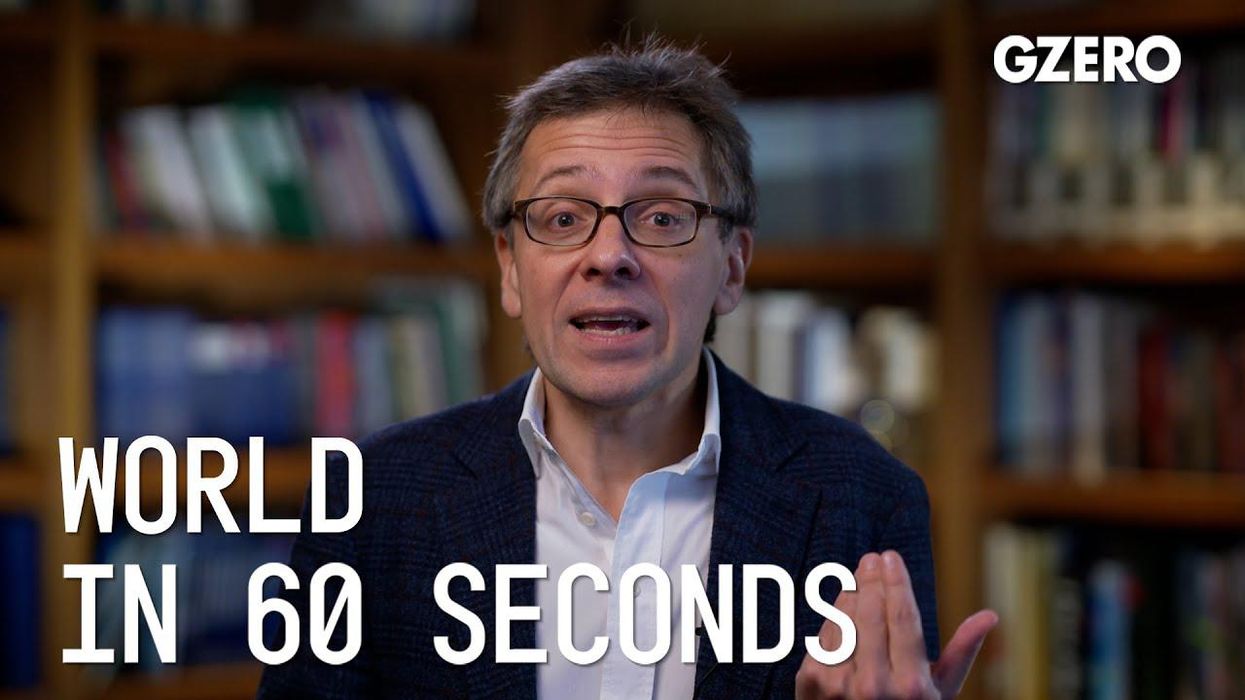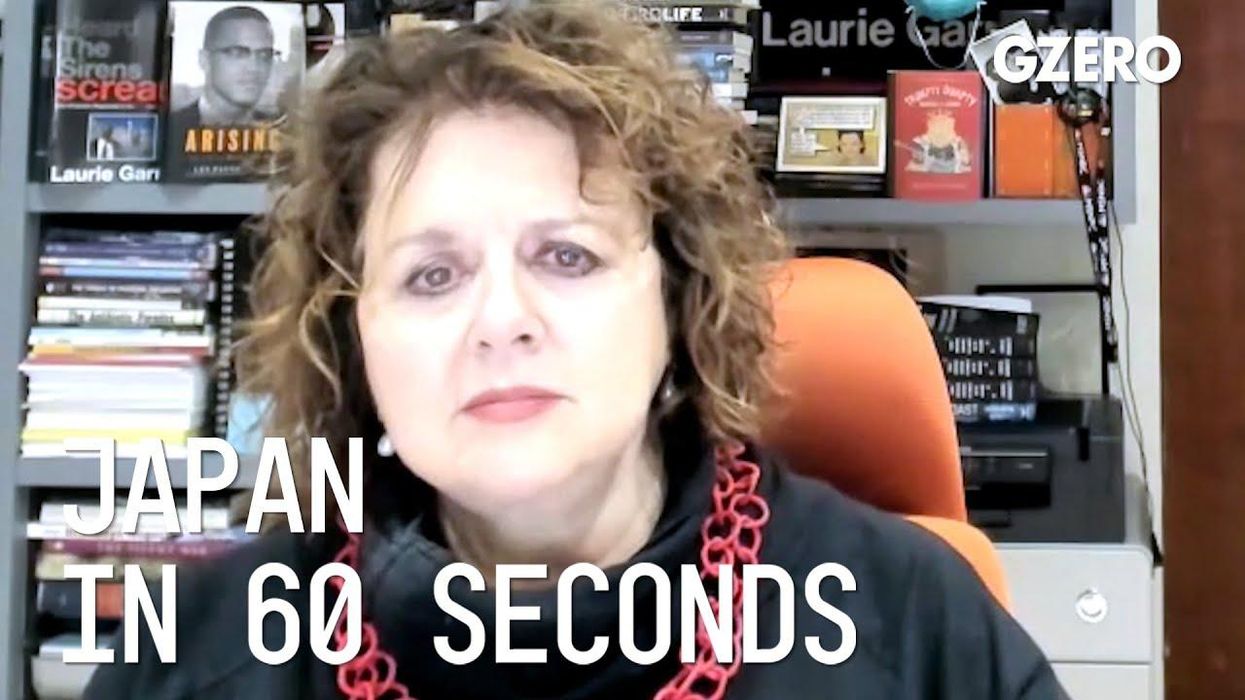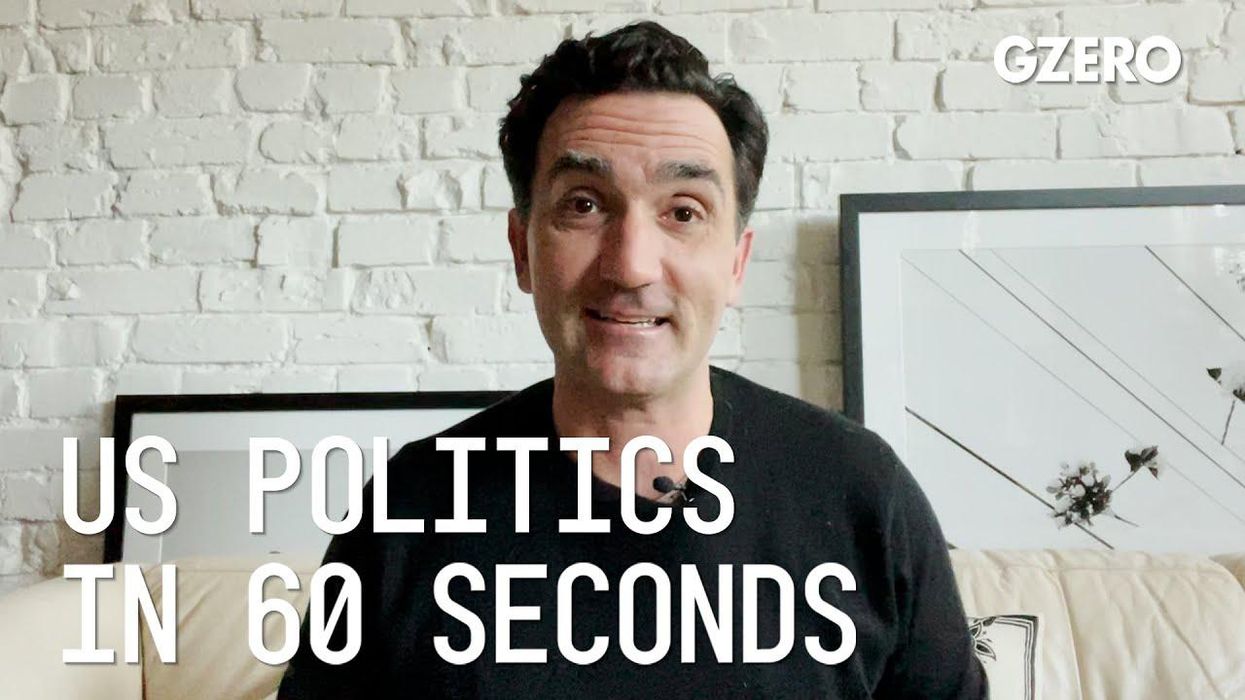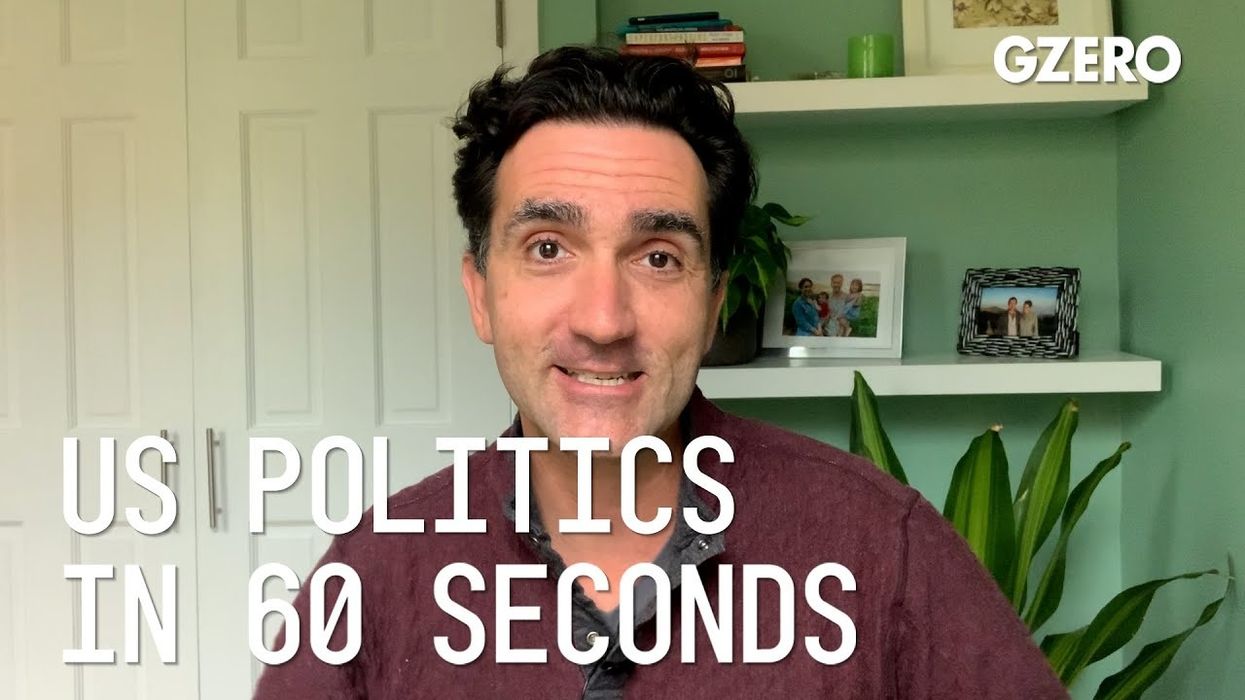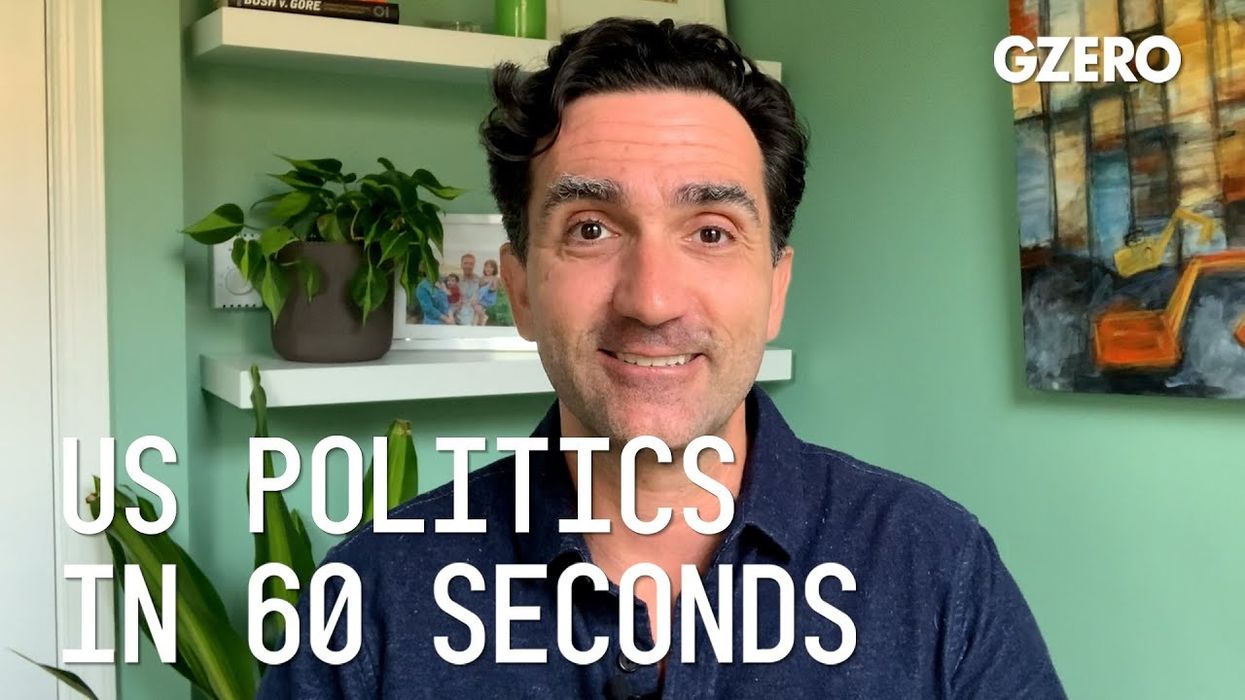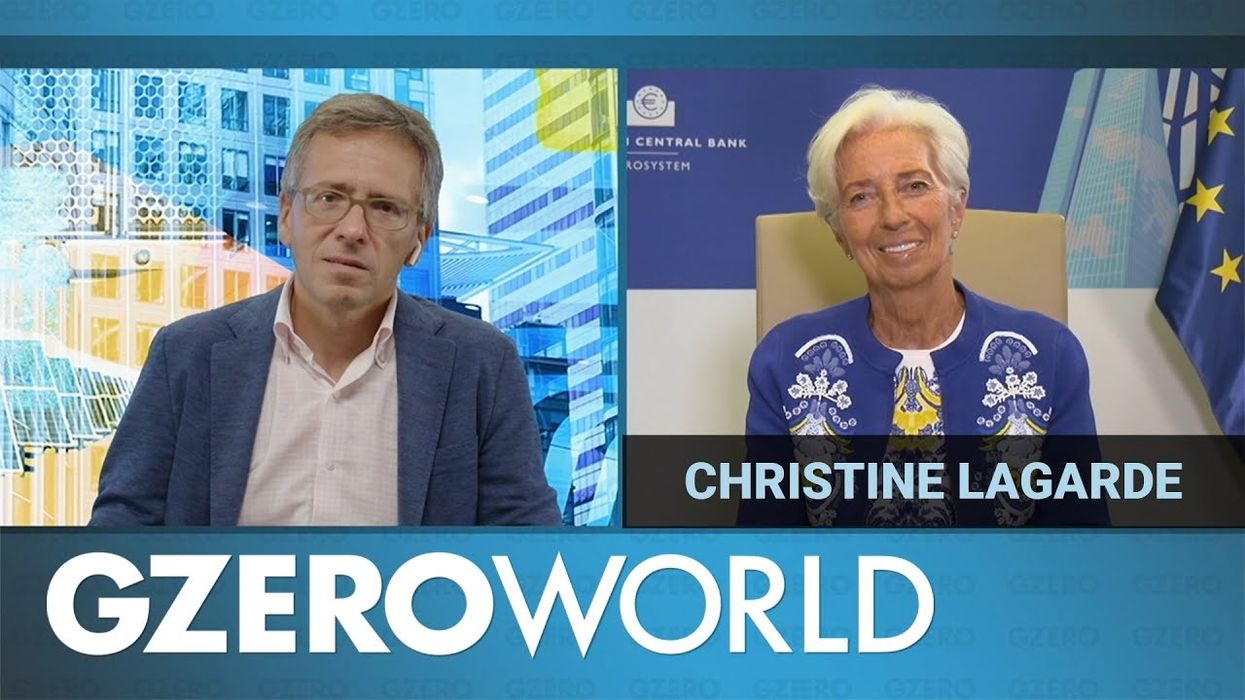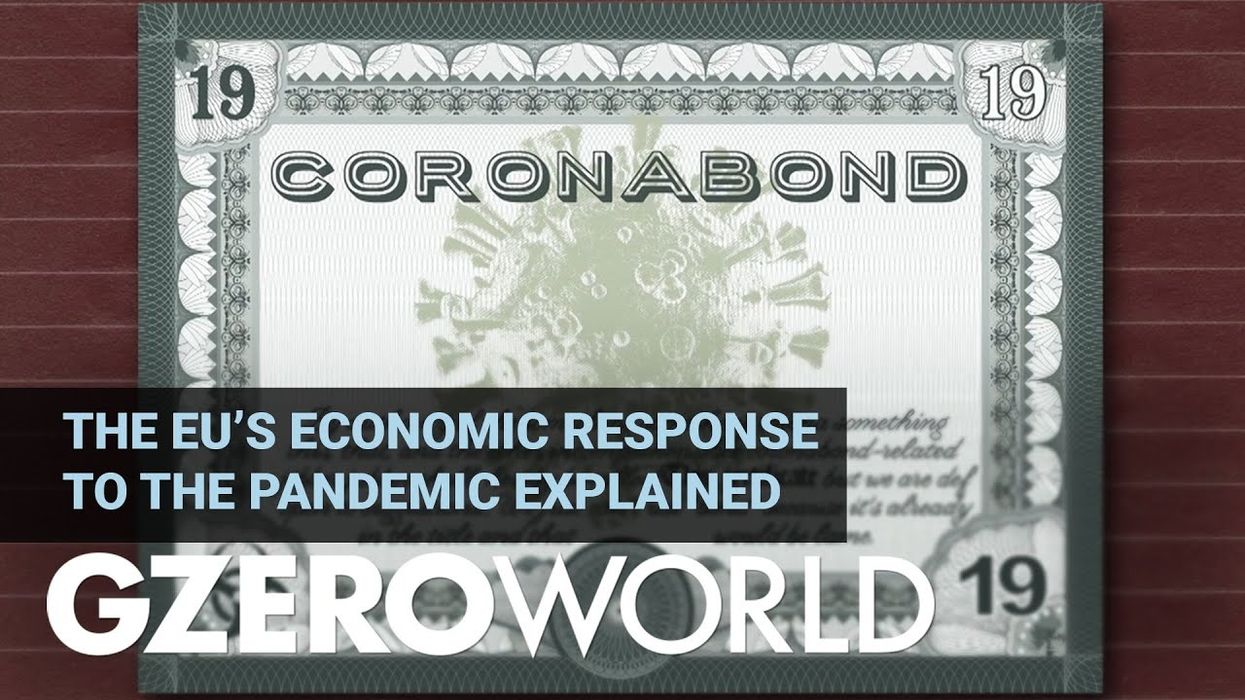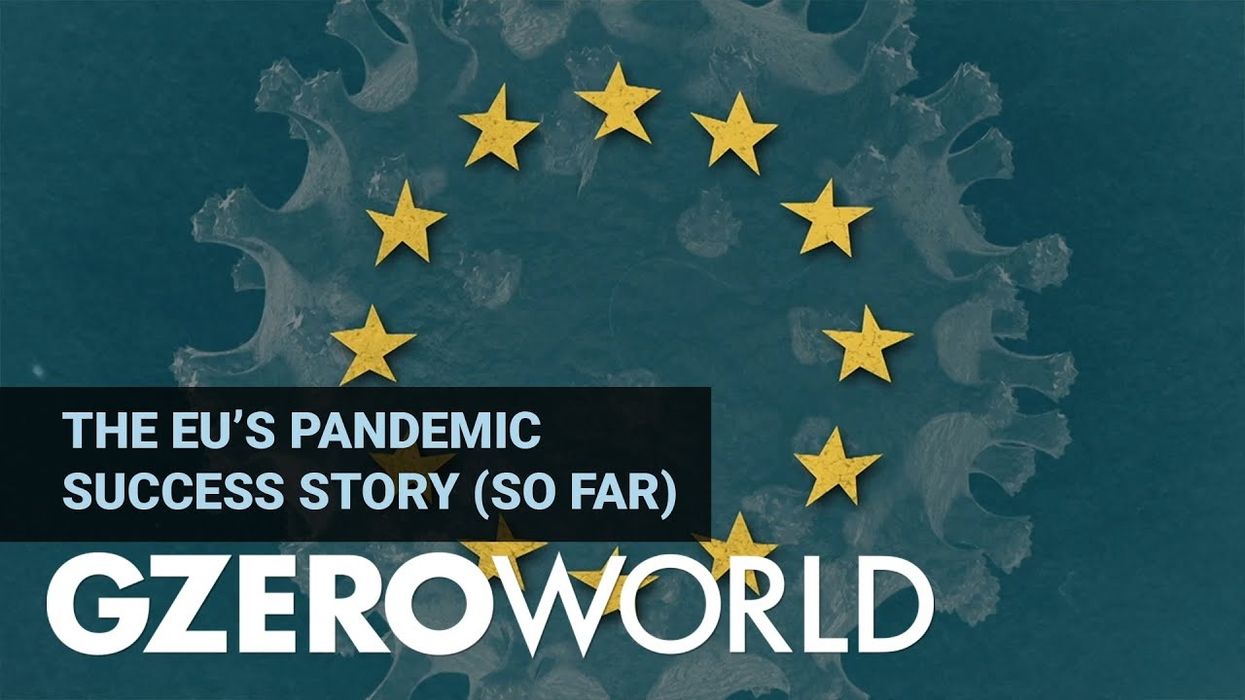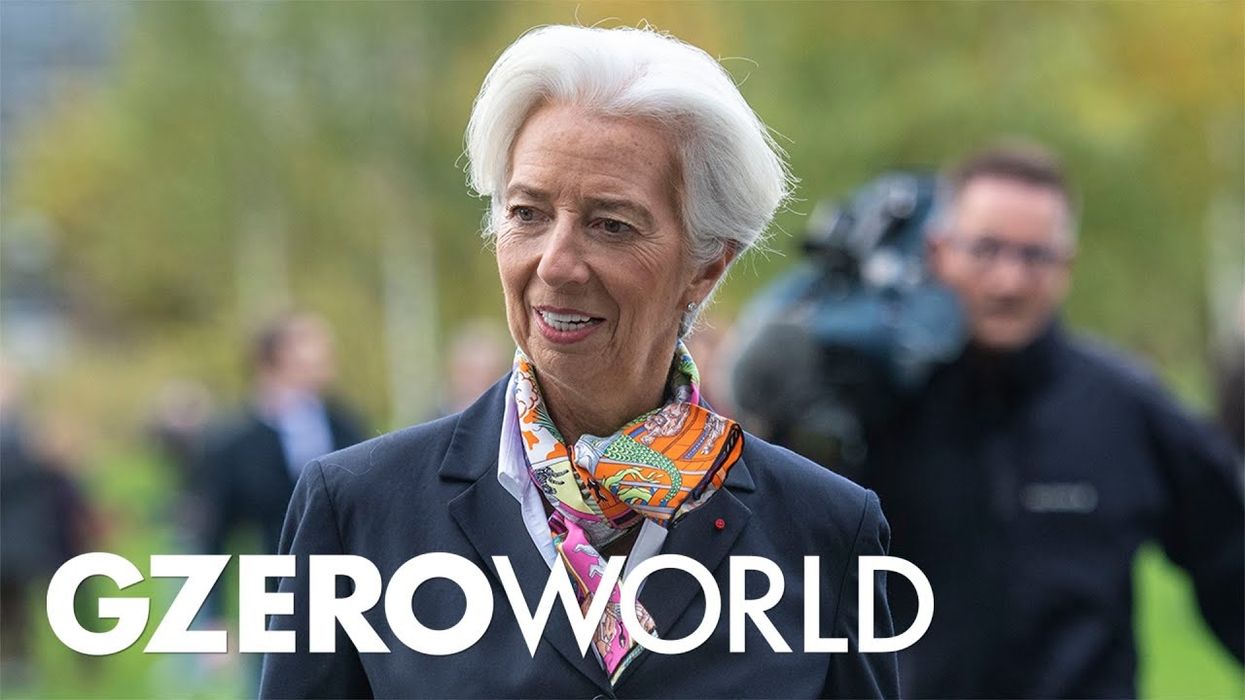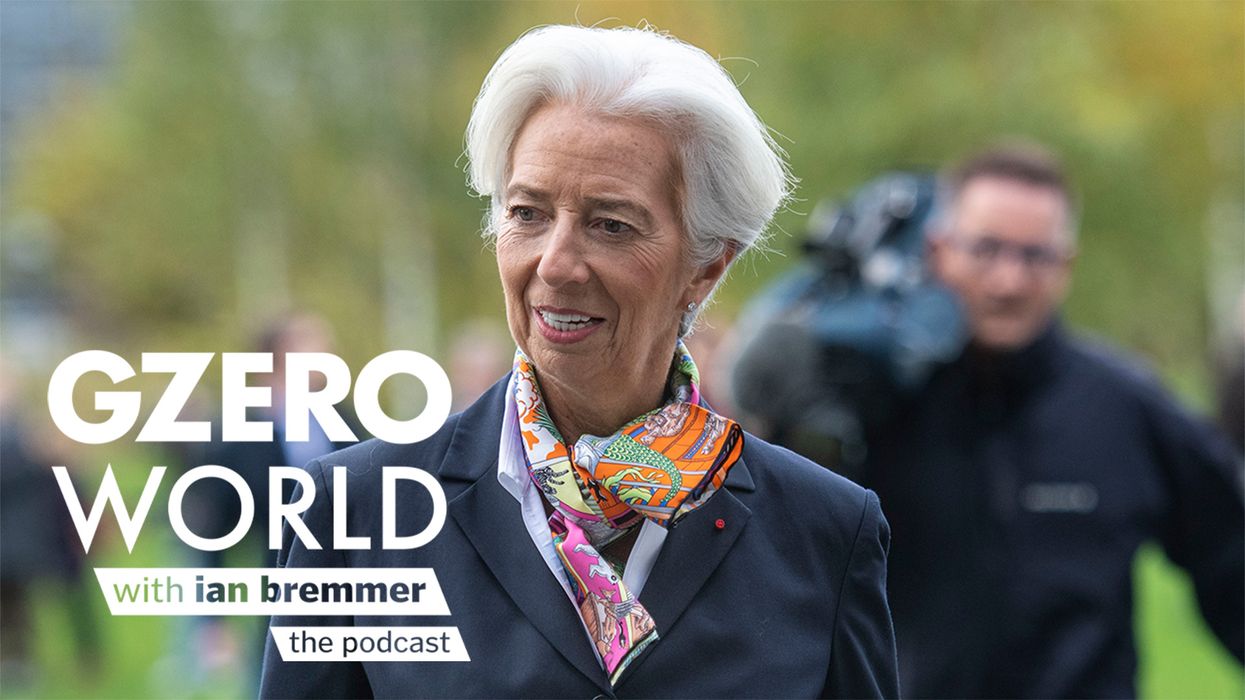ask ian
UK’s new COVID strain problematic but economic pain is a greater risk
Ian Bremmer discusses the World In (more than) 60 Seconds:
Number one, what's the story with the new COVID strain in Britain? Okay, next question. Did Aleksei Navalny really prank his poisoner? Did you see the Christmas Star?
Dec 23, 2020
